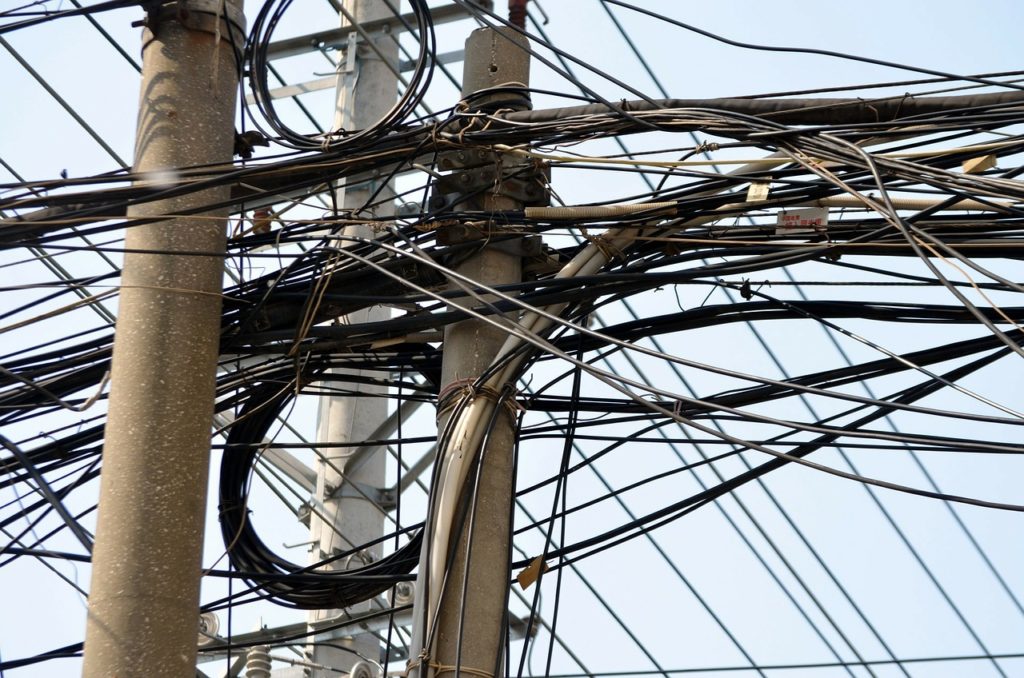Should I file for Bankruptcy in Massachusetts?

What is Bankruptcy?
Generally speaking, bankruptcy is a way to accomplish one of two things. If you are individual filing for bankruptcy, you have basically two options when filing for bankruptcy in Massachusetts, that is, either liquidate your debt (option one) or repay your debt (option two) through a repayment plan confirmed by the bankruptcy court. If you are an individual considering filing bankruptcy in Massachusetts, you will need an assessment of your situation to determine which of these two options best suits your circumstances. An attorney experienced in bankruptcy law is an invaluable tool to getting process done right.
Option One
Again, generally speaking, for people who are facing piles of unsecured debt: most credit card debt, medical debt, and other similar money owed to someone who does not have any of your property as collateral, chapter 7 bankruptcy may be a good choice for Massachusetts resident. Chapter 7 is also, generally, a good choice if you have property that you are not concerned about keeping in addition to the unsecured credit card debt or other types of unsecured debt previously mentioned.
The reason chapter 7 is so attractive for someone under the previously mentioned circumstances is that Chapter 7 bankruptcy is known as the liquidation chapter. Unsecured debts such as the ones previously stated, can typically be completely wiped away, while you as the debtor have the ability to start over.
Debt Relief or Debt Consolidation Companies as an Alternative to Bankruptcy
There are plenty of online and companies physically located in Massachusetts that offer credit repair services. What these companies do is charge you a fee based on some percentage of a repayment plan that they set up with your creditors. While there is nothing wrong with using one of these companies, you need to be aware that what they are due doing is setting up a repayment plan or debt consolidation plan and getting paid by you as part of that plan. The benefit of using this strategy, is that your current credit score (if you continue to make payments under the plan and do not accumulate new unpaid debt) should not get any worse than it may already be. The downside, is that your debts will remain for a long period of time, as long as the plan lasts. Compare this to filing for bankruptcy under Chapter 7, which allows you to be cleared of most unsecured debt.
Option Two
The next possibility for falling bankruptcy in Massachusetts as an individual is to file under chapter 13. Chapter 13 essentially sets up a repayment plan for some of your debt while discharging other debt. This type of bankruptcy discharges most unsecured debt while setting up a repayment plan for secured debt. For Massachusetts residents considering chapter 13, this usually makes the most sense when you own a home and have a fair amount of secured debt In property that you wish to keep. It is true that to some, filing for bankruptcy and entering into a repayment plan may seem like a bad idea when they could instead work with a debt relief or debt consolidation company to come up with a similar repayment plan. However, while it is true that your credit will not be any harmed any further than it already is provided that you do not acquire new debt and default on those debts, and that if you are in a debt relief or consolidation plan your credit will not be further harmed, when you are in a credit repayment plan you have no protection from your creditors. So, even though you are repaying a creditor in a debt relief or debt consolidation plan, a creditor could still turn around and decide to take you to court for the debt that you owe them. To avoid this, bankruptcy may be the best option.
How Does Bankruptcy Protect Me?
While it is undeniable that the big disadvantage to filing for bankruptcy is that you take a huge credit hit, for one thing, credit can be repaired over time. For another, once you file for bankruptcy the automatic stay kicks in. The automatic stay is your shield, your force field to protect you from creditors seeking to attach your wages or obtain a court judgment to attach to your assets. By the simple act of filing for bankruptcy all credit collection activity and similar activity from creditors must cease. Failure to abide by the automatic stay law can result in severe fines and penalties for creditors.
The Bottom Line
Unlike a credit repair company which can offer you a repayment plan, a chapter 13 bankruptcy offers you both the credit repayment plan and protection from your creditors during the period of the repayment plan.
Do-it Yourself Bankruptcy
It is possible to appear in court ‘pro se’, which means ‘for oneself’ or on your own, but I would not advise this course of action for the same reason that I would not attempt to pilot a plane myself as I am not a pilot. There are many aspects to bankruptcy that need great attention to detail, and pitfalls for those who try to game the system or avoid disclosing aspects of their financial circumstances to the court. Because the assessment of your financial circumstances is complex, because advise as to how to handle specific and thorny issues should come from someone who understands the bankruptcy system, and because knowing which chapter in bankruptcy to file is not always straightforward, it is advisable to hire an attorney with knowledge in bankruptcy law.
DISCLAIMER:
The information provided in the pages and posts of this website are for general informational purposes only. The information presented on this site is not legal advice, and no attorney-client relationship is formed by the use of this site.


